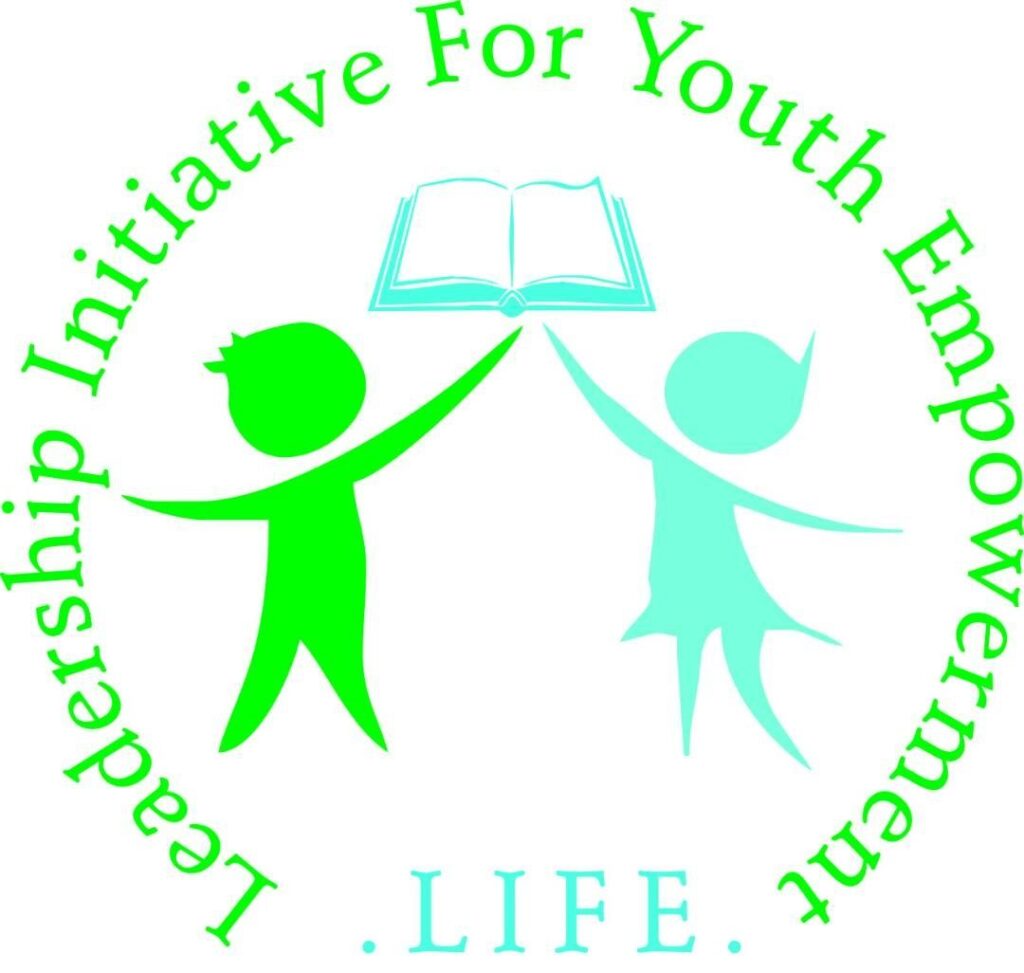Unsafe abortion is a significant contributor to maternal deaths in Nigeria, with estimates ranging from 20,000 to 50,000 deaths annually.
This high mortality rate is primarily due to restrictive abortion laws, which drive women to seek unsafe procedures from unqualified practitioners majority of maternal deaths in Nigeria are linked to unsafe abortions.
According to a recent study carried out by the Leadership Initiative For Youth Empowerment (LIFE), unsafe abortion is still a major public health concern in Nigeria and a major cause of maternal morbidity and mortality in the country.
The report highlights that unsafe abortions, fueled by restrictive laws, social stigma, and limited access to safe reproductive health services, account for nearly 40% of maternal deaths in Nigeria.
It was gathered that each year, an estimated 610,000 unsafe abortions are performed in the country, leaving thousands of women at risk of life-threatening complications, including severe bleeding, infections, and organ damage.
In the report, it was gathered that in 2012 alone, approximately 9.22 million women in Nigeria became pregnant, with 14% of these pregnancies ending in induced abortion.
LIFE noted that despite advancements in healthcare, many women, especially those in rural and underserved communities, face limited access to safe reproductive health services. The consequences of these limitations are severe, as unsafe abortion procedures continue to threaten the health and lives of countless women across the country.
Unsafe abortion, as defined by the World Health Organization (WHO), is a procedure for terminating an unintended pregnancy either by individuals lacking the necessary skills or in an environment that does not conform to minimal medical standards.
LIFE’s analysis in understanding unsafe abortions in Nigeria reveals that restrictive abortion laws permitting abortion only to save a woman’s life have forced many women to seek clandestine and unsafe procedures. These procedures are often carried out by untrained individuals in non-sterile environments, increasing the risk of complications.
Additionally, several socio-economic and cultural factors contributed to the prevalence of unsafe abortion practices in Nigeria, like; Lack of access to reproductive health services like family planning services, contraceptives, and safe abortion care, particularly in rural areas. This inadequacies leaves them vulnerable to unwanted pregnancies and unsafe procedures.
More factors, including stigmatization and legal barriers, poverty and low education levels, and inadequate sex education, are also factors contributing to unsafe abortions.
To address maternal mortality and reduce unsafe abortion rates, LIFE has called for urgent, multi-faceted efforts to combat maternal mortality and reduce unsafe abortion rates in Nigeria.
LIFE also emphasized the need to expand access to family planning services, including comprehensive sexual health education, to help prevent unintended pregnancies, which are a significant driver of unsafe abortions.
Strengthening healthcare systems, particularly in rural areas, is also critical. LIFE advocates for improved availability of family planning services, post-abortion care, and enhanced healthcare infrastructure to ensure that women have access to quality reproductive healthcare.
LIFE also highlights the importance of legal reforms to ease access to reproductive health services, which currently push many women toward unsafe practices and the need for widespread community awareness campaigns to educate the public on reproductive health and dispel stigma.
By fostering collaborations with NGOs, LIFE aims to enhance reproductive health programs through increased training, funding and awareness, ultimately saving the lives of countless women and girls across the country.














